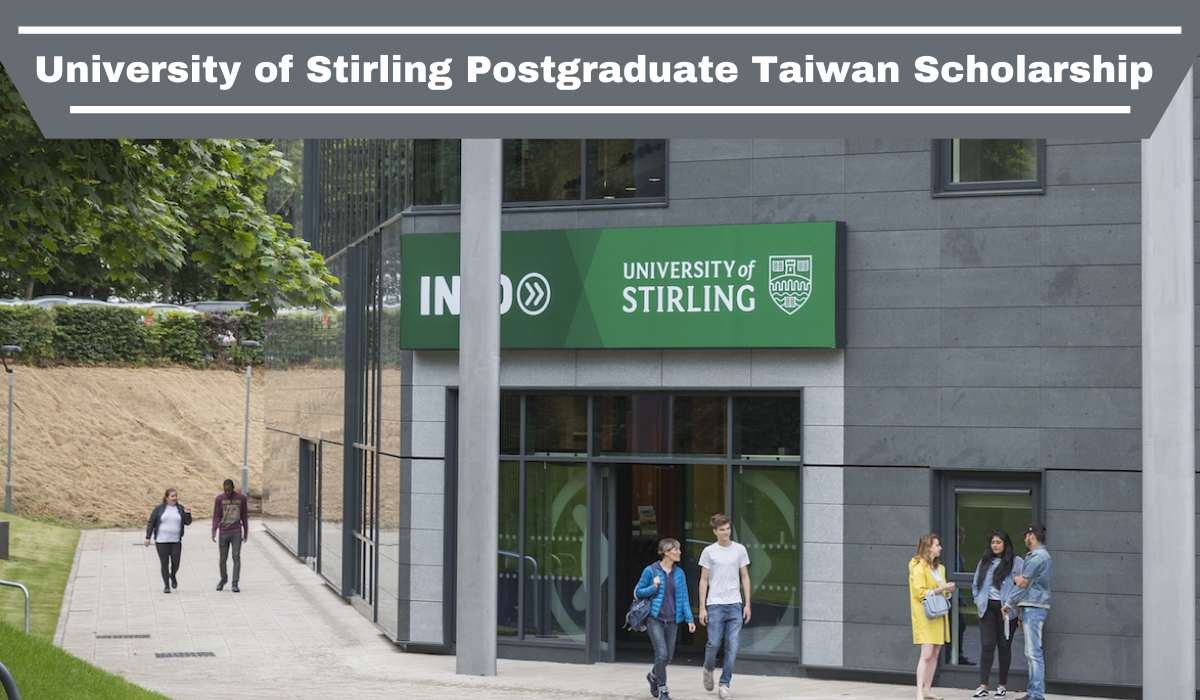Canada, Australia, USA and UK; Which is the best Country for International Students in search of foreign Masters Degree?
Canada, the USA, Australia, and the UK are the top destinations for international students searching for a foreign Master’s degree.
However, many people struggle with deciding which country to go to, whether Canada, Australia, the UK, or the USA.
Using my experience as a graduate student in the USA and what I know about studying in the UK I will try and explain the pros and cons of each of them.
USA
Pros of studying Master’s degree in the USA.
✅Lots of schools to choose from (almost 4,000)
✅Easier to get fully funded scholarships (graduate assistantship)
✅More post-graduate opportunities than in the UK
✅High premium on STEM courses
Cons of studying Master’s degree in the USA.
❌Getting a visa is more difficult
❌As a student you are restricted to working only on campus.
UK
Pros of studying Master’s degree in the UK.
✅Easier to get Visa compared to the USA
✅Ability to work anywhere as a student
✅You are closer home ( 6 hours and you are home)
✅Most Masters programs can be completed in 1 year.
✅School fees are slightly lower than in the USA.
✅Application processes are less complex ( You don’t need to write GRE)
Cons of studying Master’s degree in the UK.
❌Not as many postgraduate opportunities as in the USA especially for people in STEM.
❌Very few schools to choose from (less than 200)
❌Fully funded scholarships are almost non-existent (except for Govt scholarships like Chevening and Commonwealth which are very competitive).
I hope this helps you make that decision.









